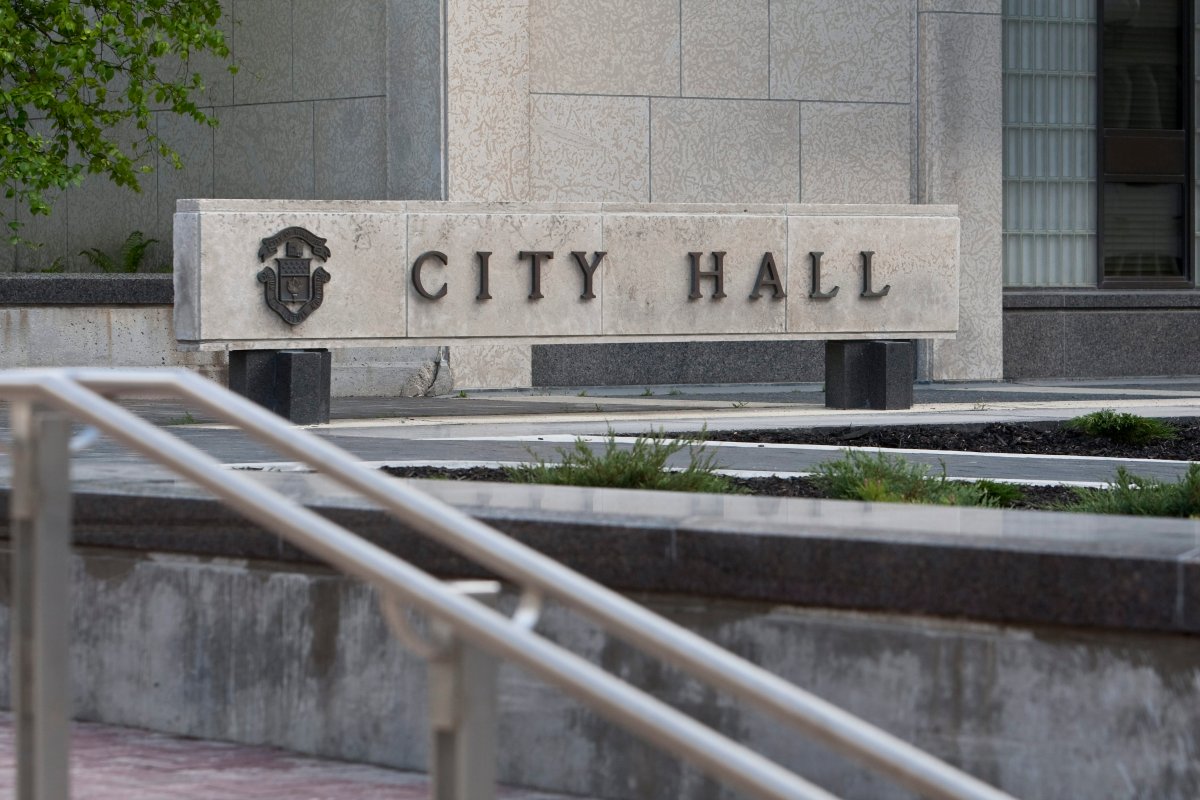Winnipeg’s annual financial report shows the city recorded a $52.4 million deficit in 2020, compared to $20.6 million the year before.

That’s before transfers from other levels of government, developer contributions-in-kind and contributions from acquiring capital assets, totaling some $166 million.
With the aforementioned transfers and contributions, total consolidated revenues stood at $1.84 billion, compared to $2.14 billion in 2019.
The report, which goes before city council on Thursday, says the difference is due to several factors, but one of the primary reasons is a decrease in capital grant transfers from the other levels of government.
These were to help pay for the Southwest Rapid Transit project and Pembina Highway Underpass.
Other factors were COVID-19-related, such as decreases in transit fares, parking revenues, event hosting and recreation services.
Those were partially offset by federal transfers from the Safe Restart Agreement.
The impact fee refunds also cost the city $37 million in 2020.
While the pandemic complicated things for city economists, it also struck a blow to population growth.
The report says the city’s population grew by an average of 11,800 people between 2014 and 2019, but that dropped to approximately 3,900 people during 2020.
However, it goes on to say annual population growth is expected to climb back over 10,000 by 2022.
Citizen Satisfaction
In the meantime, the city’s annual citizen satisfaction survey shows Winnipeggers are overall pleased with their quality of life and the services they receive.
Ninety-seven per cent of those surveyed said their quality of life was either very good (40 per cent) or good (56 per cent.)
It’s worth noting the survey asked people to gauge their quality of life prior to the impacts of coronavirus, and excluded those who said “don’t know” or refused to respond.
The results are moderately higher than they’ve been since at least 2016, when annual results have been between 92 and 94 per cent.
In the latest survey, 90 per cent of respondents said they thought overall city services were “very good” or “good.”
The highest satisfaction rate went to “condition of major parks” (97 per cent), while the lowest went to “public transit” (59 per cent).
Crime and policing remain a top issue for Winnipeggers, with 24 per cent of respondents saying action in this area would improve their quality of life.
However, that’s down remarkably from 2019, where it stood at 51 per cent.
It was overtaken by “improve services” (26 per cent) and “roads / infrastructure” (29 per cent).









Comments